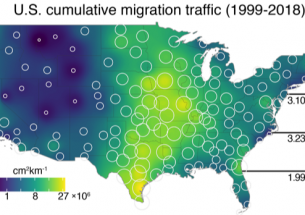News and Opinion
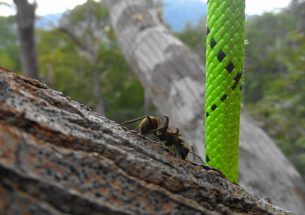
New study finds ants are darker in rainforest canopies
READ MORE about New study finds ants are darker in rainforest canopies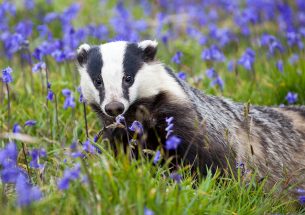
Badger behaviour inside the cull zone
READ MORE about Badger behaviour inside the cull zone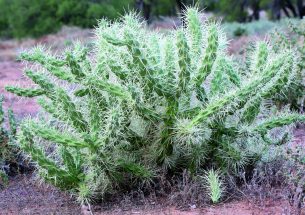
A modelling tool to rapidly predict weed spread risk
READ MORE about A modelling tool to rapidly predict weed spread risk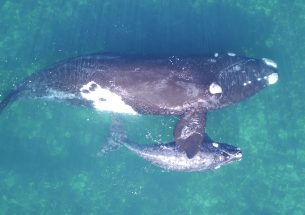
Researchers use drones to weigh whales
READ MORE about Researchers use drones to weigh whales
Private boats in the Mediterranean have extremely high potential to spread alien species
READ MORE about Private boats in the Mediterranean have extremely high potential to spread alien species
Scientists and key figures develop vision for managing UK land and seas after Brexit
READ MORE about Scientists and key figures develop vision for managing UK land and seas after Brexit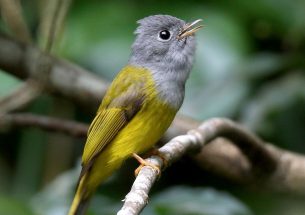
Breeding songbirds alter their singing behaviour in selectively logged tropical forests
READ MORE about Breeding songbirds alter their singing behaviour in selectively logged tropical forests
New study measures how much of corals’ nutrition come from hunting
READ MORE about New study measures how much of corals’ nutrition come from hunting
Nature documentaries increasingly talk about threats to nature, but still don’t show them
READ MORE about Nature documentaries increasingly talk about threats to nature, but still don’t show them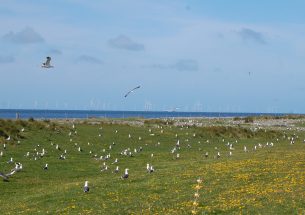
Wildlife and wind farms: Are British gulls staying safe in the winter sun?
READ MORE about Wildlife and wind farms: Are British gulls staying safe in the winter sun?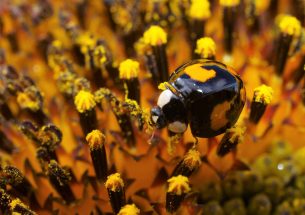
Flowering wild plants to promote beneficial insects in the field
READ MORE about Flowering wild plants to promote beneficial insects in the field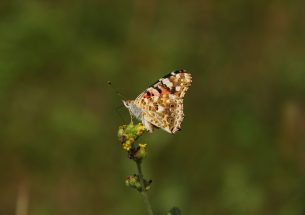
New model predicts Painted Lady butterfly migrations based on breeding sites data
READ MORE about New model predicts Painted Lady butterfly migrations based on breeding sites data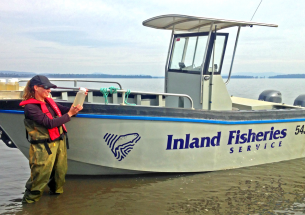
eDNA: a new tool to establish invasive species eradication success
READ MORE about eDNA: a new tool to establish invasive species eradication success
Announcing the 2019 British Ecological Society award winners
READ MORE about Announcing the 2019 British Ecological Society award winners